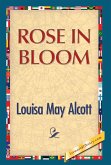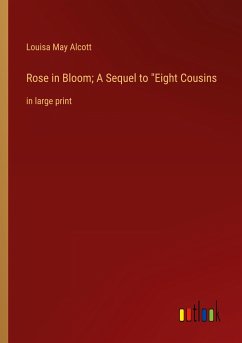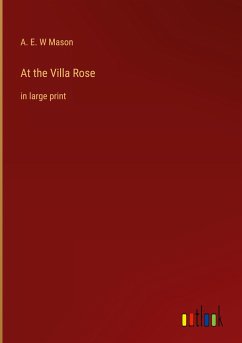Unfairly forgotten Peruvian feminist writer Aurora Cáceres(1877-1958) has gained a new wave of readers in the 21stcentury -ironically, through her engagement of a literary movement, Spanish American modernismo, that denied women writers a place. Published in Paris in 1914, Cáceres's novel La rosa muerta, translated by Laura Kanost as A Dead Rose, stands today as the most influential modernistaprose work penned by a woman. In this audacious story of an ailing woman who initiates an affair with her gynecologist, Cáceres not only defies cultural conventions of feminine modesty to speak publicly about women's health and sexuality, but does so by appropriating the language of a literary movement that silenced women.Unlike her most of her contemporaries, Cáceres does not reduce illness to a clinical case, an example of degeneration, or a symbol of social ills -nor does her protagonist's affliction merely signal the social deviance of the modernistaintellectual or the beauty ascribed to the objectified modernistawoman, seen as still more beautiful if languishing or dead. Rather, Cáceres portrays illness as a multifaceted experience that is affected by the social context within which it takes place and ultimately is not overcome through modern medicine. Left to carry on into the future are two characters who thrive because they are not constrained by gender conventions: a nurturing, selfless male doctor devoted to science, and his beautiful and deeply intelligent young daughter. A Dead Roseis an extension of Cáceres's cosmopolitan identity and feminist stance developed over a lifetime of travel and scholarship. The daughter of a Peruvian president, Cáceres was equally at home in the Americas and Europe. She founded numerous feminist and cultural organizations and authored essays, novels, short stories, and life-writing, including a memoir of her turbulent marriage to famed Guatemalan modernistaEnrique Gómez Carrillo. Steeped in the modern technologies, fashions, and social networks of early 20th-century Paris and Berlin, this brief and engaging novel will appeal to readers interested in gender and women's studies, global literature, and medical humanities. Dr. Kanost's introductory study contextualizes the novel within the author's production and explores its connections to modernismoand feminism, engaging the critical conversation that developed in the wake of the novel's second edition, prepared by Dr. Thomas Ward (2007).
Hinweis: Dieser Artikel kann nur an eine deutsche Lieferadresse ausgeliefert werden.
Hinweis: Dieser Artikel kann nur an eine deutsche Lieferadresse ausgeliefert werden.








